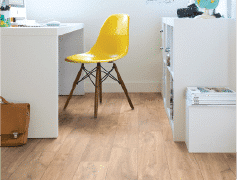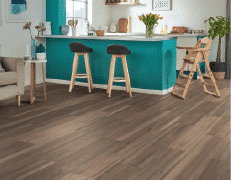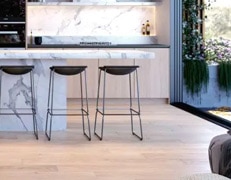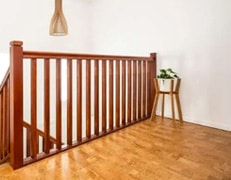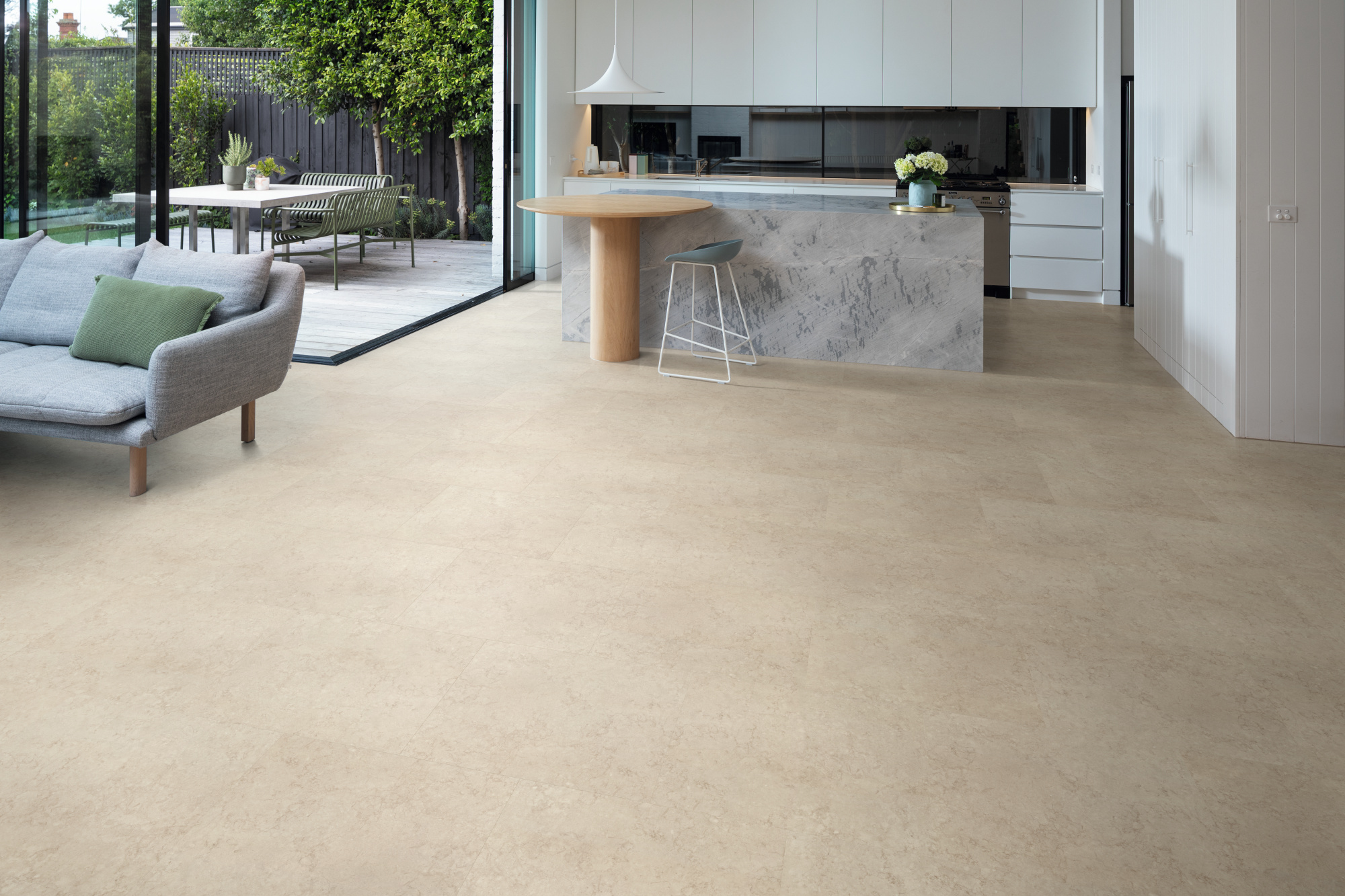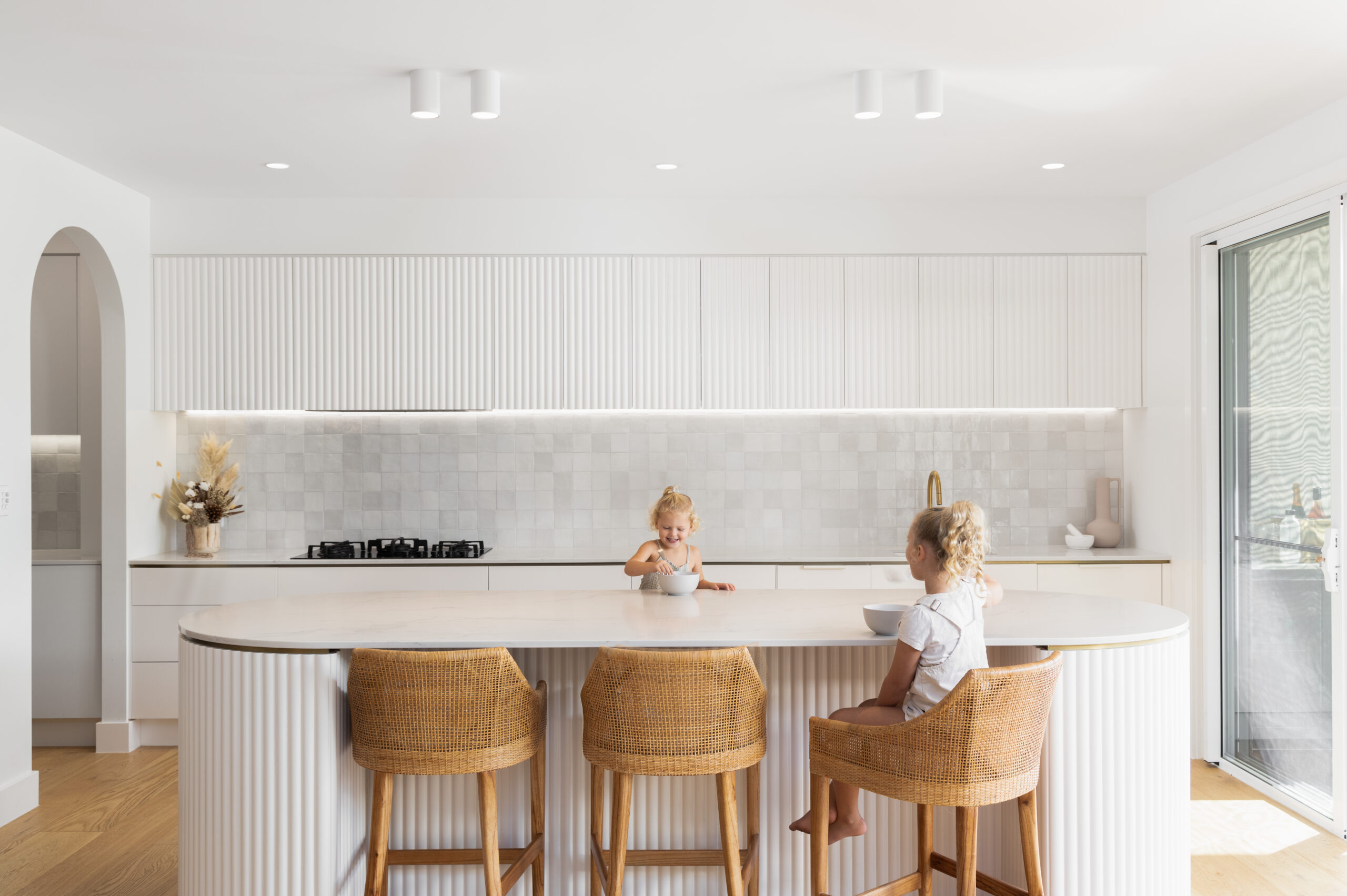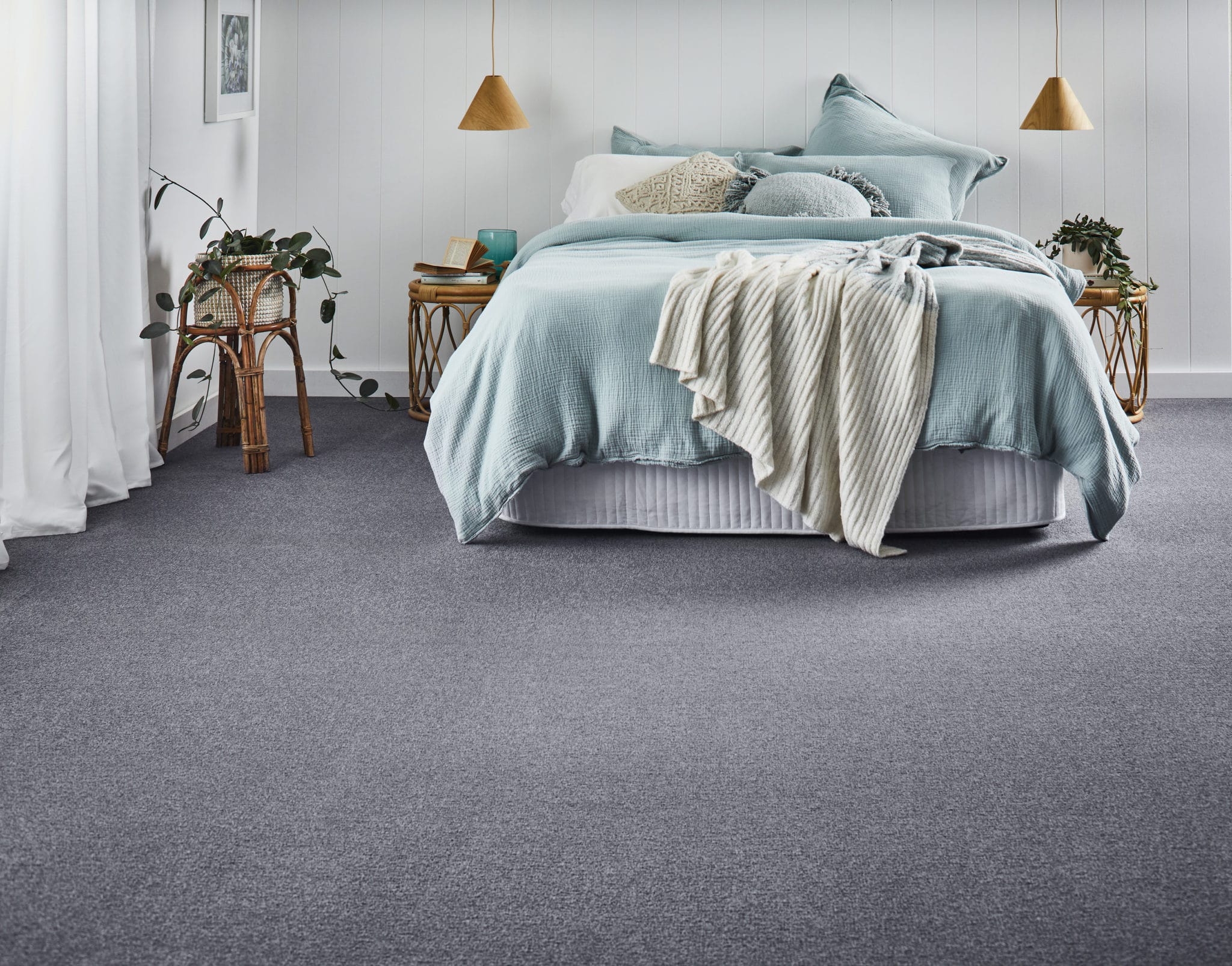Tip 1: Renovations can add value to a property.
Some projects do add value to a home, but others may deter potential buyers. One example of this latter scenario would be if the owner knocks out a wall between two small bedrooms to create one larger bedroom instead. If the buyer was hoping for a property with more bedrooms, they would be disappointed with this supposed improvement. Renovations do not always equal added value.
Tip 2: Use good quality materials to attract buyers.
Using high end building materials can certainly make your home attractive. Yet bear in mind that location is the most important factor for many buyers who are looking for a new home. If your property is overly done up in a suburb with less ostentatious homes, it may stand out for the wrong reasons. Buyers may be impressed with your new granite bench-tops, but they will ultimately choose the more affordable home just down the road. Over-improving can put your home out of a buyer’s price range.
Tip 3: More square metres automatically equates to more value.
Added space can definitely be a good thing, but the new space should be usable. If you have added space to the basement but it’s not up to the same standard as the rest of the home, it could stick out like a sore thumb and detract from the rest of your property.
Tip 4: Neutral, safe paint colour tones are the best choices.
There’s a common misconception that painting your walls a standard beige or off-white colour will always help you stage your home more effectively, allowing buyers to see the property as a blank slate. This can be true for some. However, many buyers don’t want to hassle with repainting the walls after they have moved in, and may have problems with imagining anything different than what they see before them. Consulting with a professional interior designer can be useful, because they can help you add some interesting colours and textures to an otherwise bland design. This could make your home look more unique and valuable.
Tip 5: Pay attention to external renovations as well as internal ones.
Before any buyer set foot into the interior, they will get a first impression of your home from its exterior. Because this is the first thing that buyers are going to see, it’s important to fix any areas that look like they are in neglect or disrepair. This could immediately give buyers a bad vibe about your home, even if there’s nothing wrong with it. It’s helpful to discuss renovating strategies with an expert to determine where to start, but many will recommend beginning on the outside and working your way indoors. A qualified agent can look at your home with a logical eye, seeing what the buyers see and advising you from there.
Tip 6: Bedroom extensions are more valuable than bathroom extensions.
Whether bedroom or bathroom extensions make more sense will depend on the type of property you have to begin with. For example, if you have a one or two-bedroom home, it may make sense to add an extra bedroom. Yet if you have three bedrooms or more and only one bathroom, it would be more logical to add a second bathroom or toilet.
Tip 7: A new paint job will hide other problems.
A fresh coat of paint can work wonders, but it shouldn’t be used to hide rotted wood, fungal damage, holes from leaks, or cracks in the walls from the ground settling. It’s usually best to fix these problems before you sell your home, but if you decide not to be very careful when your contract of sale is written up. You’ll want to leave this in the hands of a qualified estate agent who is aware of these flaws. You may be forced to pay for maintenance after the sale has already been completed if you are not careful.
Tip 8: Don’t turn your garage into a living space over car space.
Garage space is important to many potential homebuyers, who don’t want to deal with street parking. A renovated garage can be seen as a waste of space unless it is of the same quality and size as the rest of your house. If you do decide to transform your garage, it’s better to do so on a temporary basis so that you can change it back to its original use before you put the home on the market.
Tip 9: You can always save money with Do-It-Yourself (DIY) jobs.
If you’re particularly handy or have some background in construction, you could certainly take on a few jobs around the house. Many of us can fix a leaking tap or change a light fixture. However, even these tasks can lead to disaster for others. If you try to take on more than your expertise provides, you may end up spending even more after you hire a professional to fix your mistakes. You’ll also need to take council laws into consideration before beginning any renovations. It’s a good idea to consult with your real estate agent or a licensed professional before you take on any home improvements on your own. Renovations that don’t meet council approval could lead to a reduction in valuation.
Tip 10: A swimming pool will always add value to your home.
This sentiment will be true in neighbourhoods where pools are considered a must-have facility, such as in really hot areas of the country or popular holiday destinations. However, to many buyers a pool can be seen as more trouble than it’s worth. If you can only use it during the summer months, it’s just something that must be maintained without reward for the remainder of the year.
Before you put your home on the market, you’ll want to think long and hard about which renovations will be the most viable and necessary. The goal is to get the top sale price with as little investment as possible. To this end, you’ll want to get professional advice from local real estate agents, interior designers, and building contractors before you take on any major home improvement projects. A local real estate agent can be particularly useful because they will know what comparable homes on the market look like in comparison to yours. You don’t want to burden your home with too many expensive features, or buyers may choose cheaper alternatives down the block. At the same time, a local real estate agent will know if all the other homes have a certain feature that yours is lacking.
Article Source: http://www.sellmycastle.com.au/

